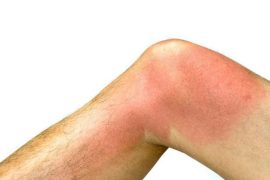It is estimated that 5–10% of adults and 20–30% of children worldwide get the flu every year. This disease can ultimately lead to hospitalization and even death, especially for children, the elderly or chronically ill. Early treatment can help the patient recover and reduce the risk of complications. Studies question the effectiveness of flu medications compared to natural remedies such as echinacea.
Anti-influenza drugs are antiviral drugs that interfere with the work of the influenza virus in the body and prevent its multiplication. They are available over the counter. They are used to treating people who have flu symptoms for up to two days. They can also be used prophylactically for people who have been exposed to the flu.
An international research group of scientists analyzed the studies of influenza agents – it was found that they have some effect on symptom relief, but they do not reduce the risk of hospitalization or complications of the disease caused by the influenza virus.
An important feature in favor of echinacea is the absence of side effects that may occur after oral administration. A group of patients who were treated with drugs in the above study more often reported side effects, especially nausea and vomiting.
It is best to take echinacea for a short time when you know that you may be infected with the flu or when you begin to feel its symptoms. As a rule, the use of Echinacea supplements should be continued for a week, up to 10 days.
Echinacea is not recommended for more than 8 weeks, as it can suppress the immune system. It can also not be used if you are allergic to any plant of the family Asteraceae.
Echinacea is available in capsules containing dried plant or liquid extract, in the form of tinctures or tea.
The dosage depends on the product. Please refer to the leaflet for more details, and note that each adult dose should be divided in half for children.








